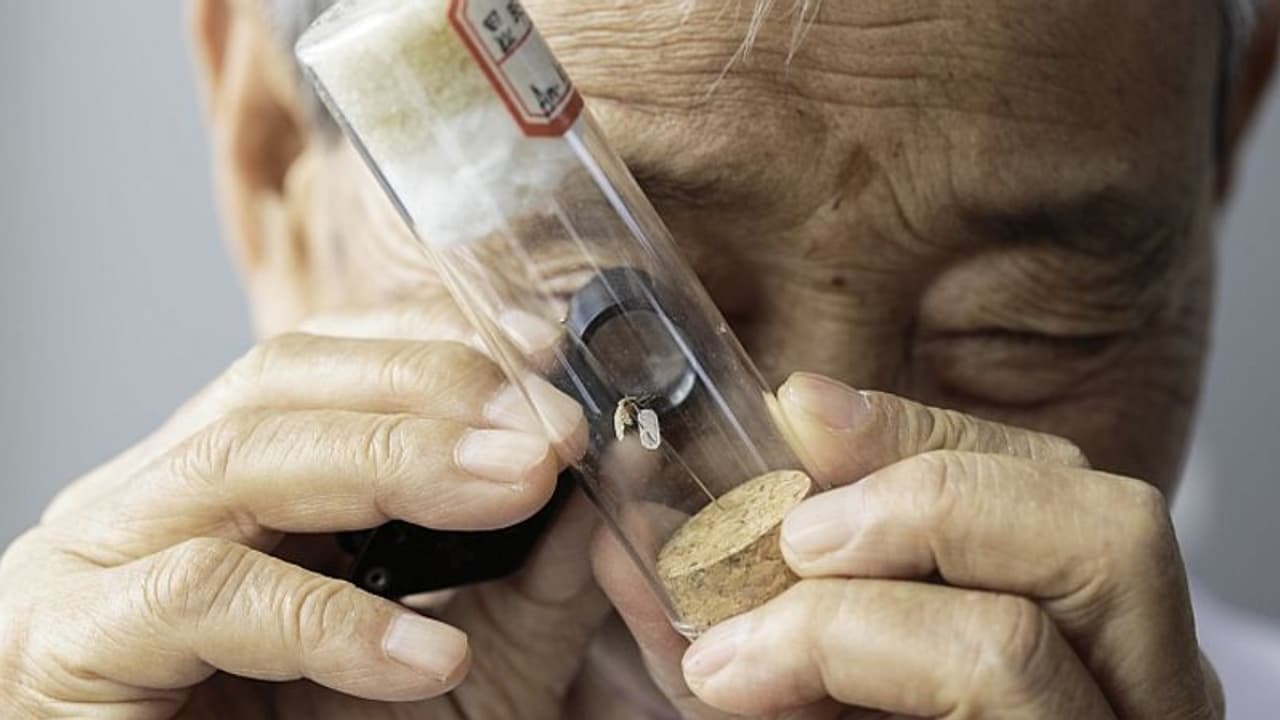WHO Director-General Dr Tedros Adhanom Ghebreyesus congratulated the people of China on getting rid of malaria and said that China's success was hard-earned and came only after decades of targeted and sustained action.
The World Health Organisation has awarded China a malaria-free certification.

WHO Director-General Dr Tedros Adhanom Ghebreyesus congratulated the people of China on getting rid of malaria and said that China's success was hard-earned and came only after decades of targeted and sustained action.
The certification is a notable feat for a country that reported 30 million cases of the disease annually in the 1940s
China has now become the first country in the WHO Western Pacific Region to be given such a certification in over three decades.
Other nations in the region that have achieved this status are Brunei Darussalam (1987), Singapore (1982) and Australia (1981).
Dr Takeshi Kasai, WHO Western Pacific Regional Office Regional Director, said that Beijing's milestone demonstrates how strengthening national health systems and strong political commitment can help eliminate a disease that once was a major public health issue.
Across the world, the WHO has given 40 countries and territories have been granted a malaria-free certification.
Most recently, this certification has been provided to El Salvador (2021), Algeria (2019), Argentina (2019), Paraguay (2018) and Uzbekistan (2018).
How China accomplished this feat
Since the 1950s, Chinese health authorities have worked towards locating and stopping the spread of malaria by providing preventive antimalarial medicines to people at risk of the disease and treatment for those who fell ill.
The country laid special emphasis on reducing mosquito breeding grounds and stepping up the use of insecticide spraying in homes in certain localities.
The Chinese government launched '523 Project' (nationwide research programme) in 1967 which would find new treatments for malaria.
Over 500 scientists from 60 institutions came together and discovered artemisinin in the 1970s.
Artemisinin, the most effective antimalarial drug available today, is the core compound of artemisinin-based combination therapies.
According to Dr Pedro Alonso, Director of the WHO Global Malaria Programme, the Chinese government and its people kept searching for new and innovative ways to accelerate the pace of progress towards a malaria-free status.
China was among the first countries in the world to extensively test the use of insecticide-treated nets for the prevention of malaria in the 1980s, much before it was recommended by the WHO.
China distributed million of such net nationwide, which substantially reduced cases of malaria in the areas where they were deployed.
The number of malaria cases in China plunged to 117 000, and deaths were reduced by 95% by the end of 1990. In 2003, China stepped up laboratory equipment, medicines, training, staffing and mosquito control to further reduce cases.
Within 10 years, the number of cases fell to about 5000 a year.
In 2020, after reporting four consecutive years of zero indigenous cases, China applied for an official WHO certification.
China provides free of cost basic public health package for its residents. Under the package, all people in the country get affordable services for diagnosis and treatment of malaria, regardless of legal or financial status.
Further, the country adopted strict adherence to the timelines of the '1-3-7' strategy. The '1' signifies the one-day deadline for health facilities to report a malaria diagnosis; by the end of day 3, health authorities are required to confirm a case and determine the risk of spread; and, within 7 days, appropriate measures must be taken to prevent further spread of the disease.
A WHO team travelled to China in May 2021 to verify the country's malaria-free status as well as its programme to prevent the re-establishment of the disease.
